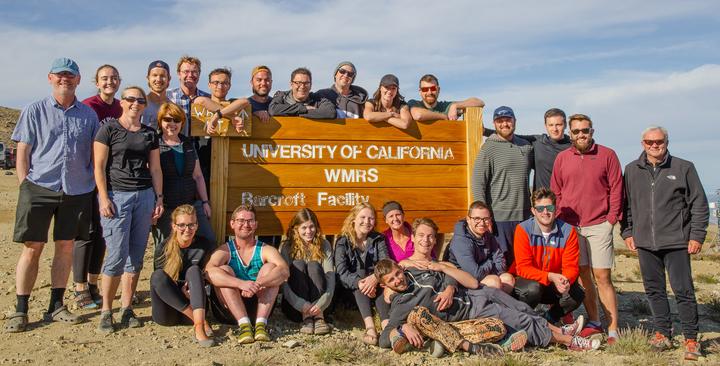Time course and magnitude of ventilatory and renal acid-base acclimatization following rapid ascent to and residence at 3,800 m over nine days

Abstract
Rapid ascent to high altitude imposes an acute hypoxic and acid-base challenge, with ventilatory and renal acclimatization countering these perturbations. Specifically, ventilatory acclimatization improves oxygenation, but with concomitant hypocapnia and respiratory alkalosis. A compensatory, renally mediated relative metabolic acidosis follows via bicarbonate elimination, normalizing arterial pH(a). The time course and magnitude of these integrated acclimatization processes are highly variable between individuals. Using a previously developed metric of renal reactivity (RR), indexing the change in arterial bicarbonate concentration (Δ[HCO3−]a; renal response) over the change in arterial pressure of CO2 (ΔPaCO2; renal stimulus), we aimed to characterize changes in RR magnitude following rapid ascent and residence at altitude. Resident lowlanders (n = 16) were tested at 1,045 m (day [D]0) prior to ascent, on D2 within 24 h of arrival, and D9 during residence at 3,800 m. Radial artery blood draws were obtained to measure acid-base variables: PaCO2, [HCO3−]a, and pHa. Compared with D0, PaCO2 and [HCO3−]a were lower on D2 (P textless 0.01) and D9 (P textless 0.01), whereas significant changes in pHa (P = 0.072) and RR (P = 0.056) were not detected. As pHa appeared fully compensated on D2 and RR did not increase significantly from D2 to D9, these data demonstrate renal acid-base compensation within 24 h at moderate steady-state altitude. Moreover, RR was strongly and inversely correlated with ΔpHa on D2 and D9 (r≤ −0.95; P textless 0.0001), suggesting that a high-gain renal response better protects pHa. Our study highlights the differential time course, magnitude, and variability of integrated ventilatory and renal acid-base acclimatization following rapid ascent and residence at high altitude. NEW & NOTEWORTHY We assessed the time course, magnitude, and variability of integrated ventilatory and renal acid-base acclimatization with rapid ascent and residence at 3,800 m. Despite reductions in PaCO2 upon ascent, pHa was normalized within 24 h of arrival at 3,800 m through renal compensation (i.e., bicarbonate elimination). Renal reactivity (RR) was unchanged between days 2 and 9, suggesting a lack of plasticity at moderate steady-state altitude. RR was strongly correlated with ΔpHa, suggesting that a high-gain renal response better protects pHa.